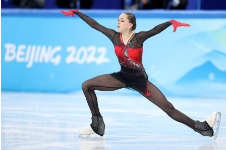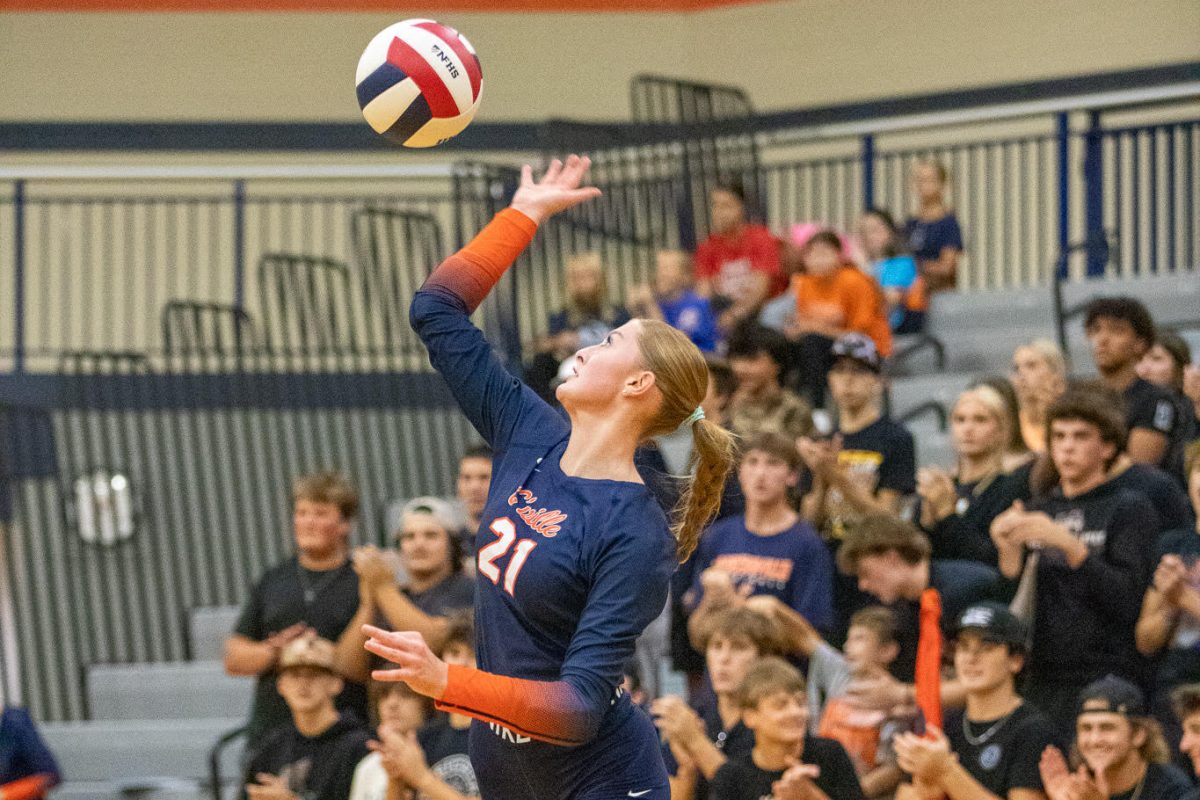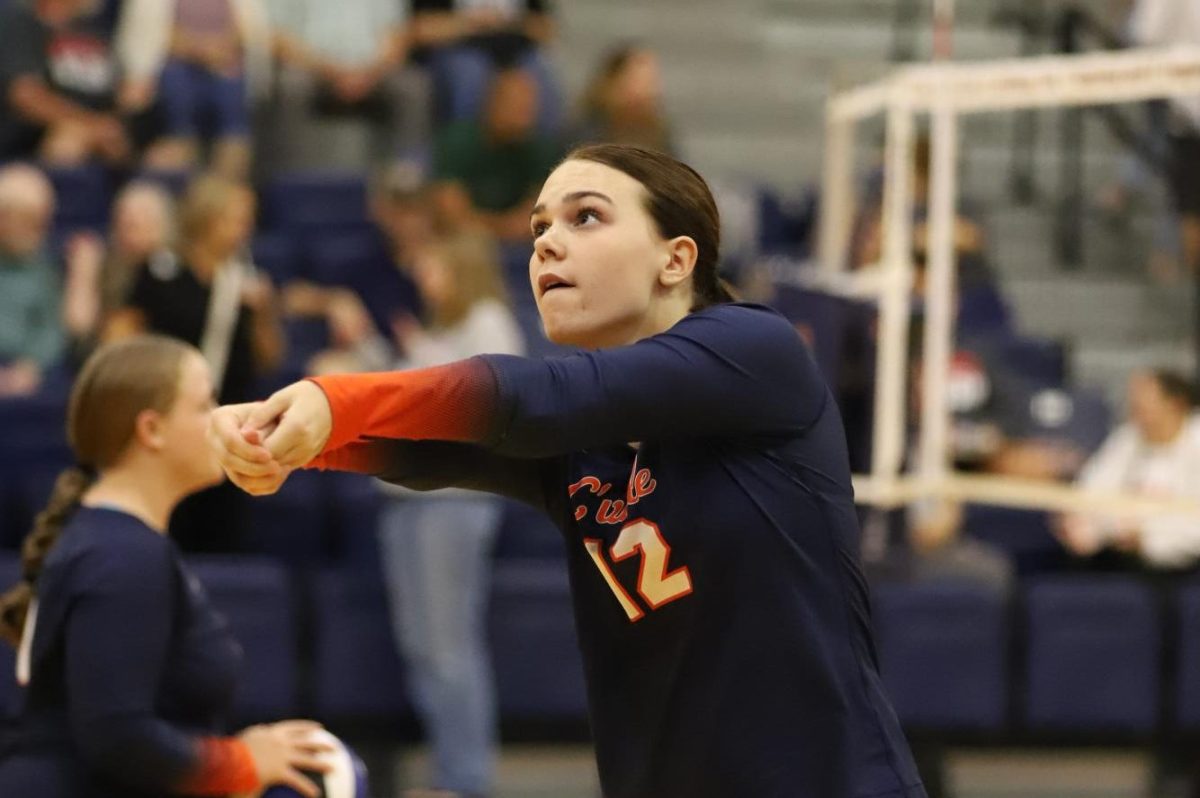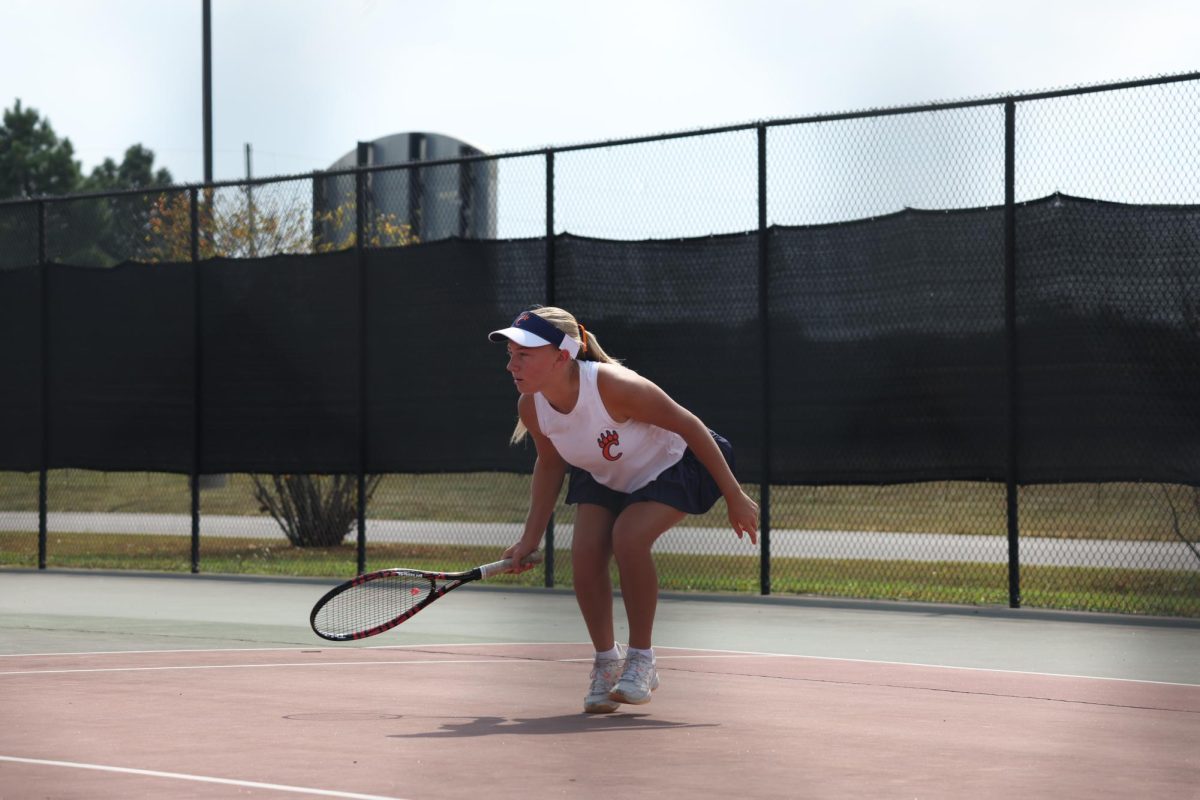The Beijing Winter Olympics of 2022, officially titled XXIV, was the cause of Russian figure skater Kamila Valieva’s new legal battle. Despite testing positive for Trimetaxidine, a banned heart medication, she still was allowed to compete in the Olympics. This raised a variety of questions concerning the rules against narcotics in international sports competitions. Particularly, are the rules strict enough? In order for that question to be answered, one must know what doping is, the rules against it, and what punishments entail for the athletes who are caught.
What exactly is doping? Doping in the Olympics refers to the use of prohibited substances or methods by athletes to enhance their performance. These substances can include anabolic steroids, blood doping, stimulants, hormones, and other performance-enhancing drugs.
According to the International Olympic Committee Anti-Doping Rules handbook, “It is each Athlete’s personal duty to ensure that no Prohibited Substance enters his or her body and that no Prohibited Method is Used. Accordingly, it is not necessary that intent, Fault, negligence or knowing Use on the Athlete’s part be demonstrated in order to establish an anti-doping rule violation for Use of a Prohibited Substance or a Prohibited Method.”
Punishment for illegal usage of drugs follows three main categories: a ban from all sport related activities, disqualification, and public scrutiny. Being banned from sports related activities does not just mean competing, it also includes training, coaching, advising, or even passing onto training grounds for the time being. If the athlete(s) are disqualified, not only them but also their team is stripped of any event points, prizes, or accolades they have or may have received for the competition in question. Public scrutiny incites newspapers, blogs, magazines, Twitter (X), Instagram, and TikTok posts that will never go away. For example, Kamila Valieva has faced horrid backlash from people who were once her biggest fans.
The International Olympic Committee proudly boasts their “zero tolerance policy,” in which they collaborate closely with the World Anti-Doping Agency. The Olympic rules have evolved over time to become stricter in order to ensure fair competition and maintain the integrity of the games. This means that all athletes are susceptible to drug testing before, after, and even during competitions and are held responsible for any and all drugs in the possession or surrounding them and will be held liable, whether it be using or providing the drugs.
As mentioned in the Declaration of the International Olympic Committee Executive Board, “The Independent Testing Authority (ITA) to develop with each respective International Federation an International Test Distribution Plan (ITDP) not only by sport but by discipline. This ITDP to contain a minimum number of tests for every athlete wanting to participate in the World Championships or in the Olympic Games. This number to be transparent for each athlete in a discipline of a sport. Athletes not having the established minimum testing level not to be eligible for World Championships and Olympic Games.”
The strictness of Olympic doping rules can be subjective and depends on individual perspectives. For instance, if an athlete is caught doping and they were surrounded by other athletes, those bystanders would also be persecuted in the chance that they were also taking drugs. This might seem completely unfair to them as they will be removed from all activities until proven innocent (if they ever are) and this could possibly become a career ending situation, but to look at it from the other side is to realize that while the athletes may not have been taking drugs, the other one was and they said nothing about it. That would be considered enabling someone to break the rules and cheat their way through the competition. Not only that, but think of the other athletes as well. The athletes that have put in the time and effort to be good enough for the Olympics and have what it takes to win without cheating by using illegal drugs. They may believe that rules are not strict enough.
While the Games have vigorous rules in place, there is always room for improvement. Over the years, the Olympic movement has made efforts to enhance and adapt its rules to address emerging challenges and issues, such as doping and athlete eligibility. However, there are still instances where athletes may find loopholes or exploit gaps in the rules, Kamila Valieva for instance.
The International Olympic Committee and relevant bodies continuously review and update the rules to maintain the integrity of the games. It is an ongoing process to ensure that the rules remain strict and effective.










